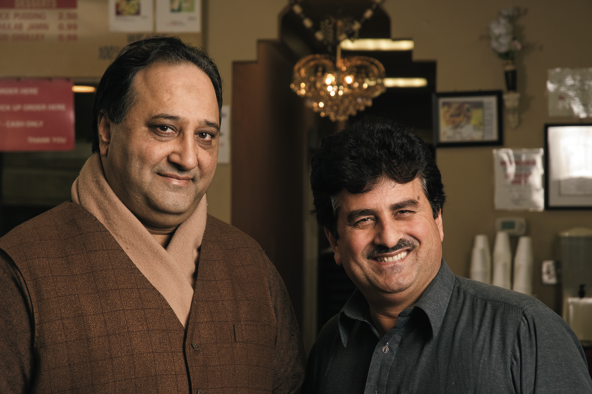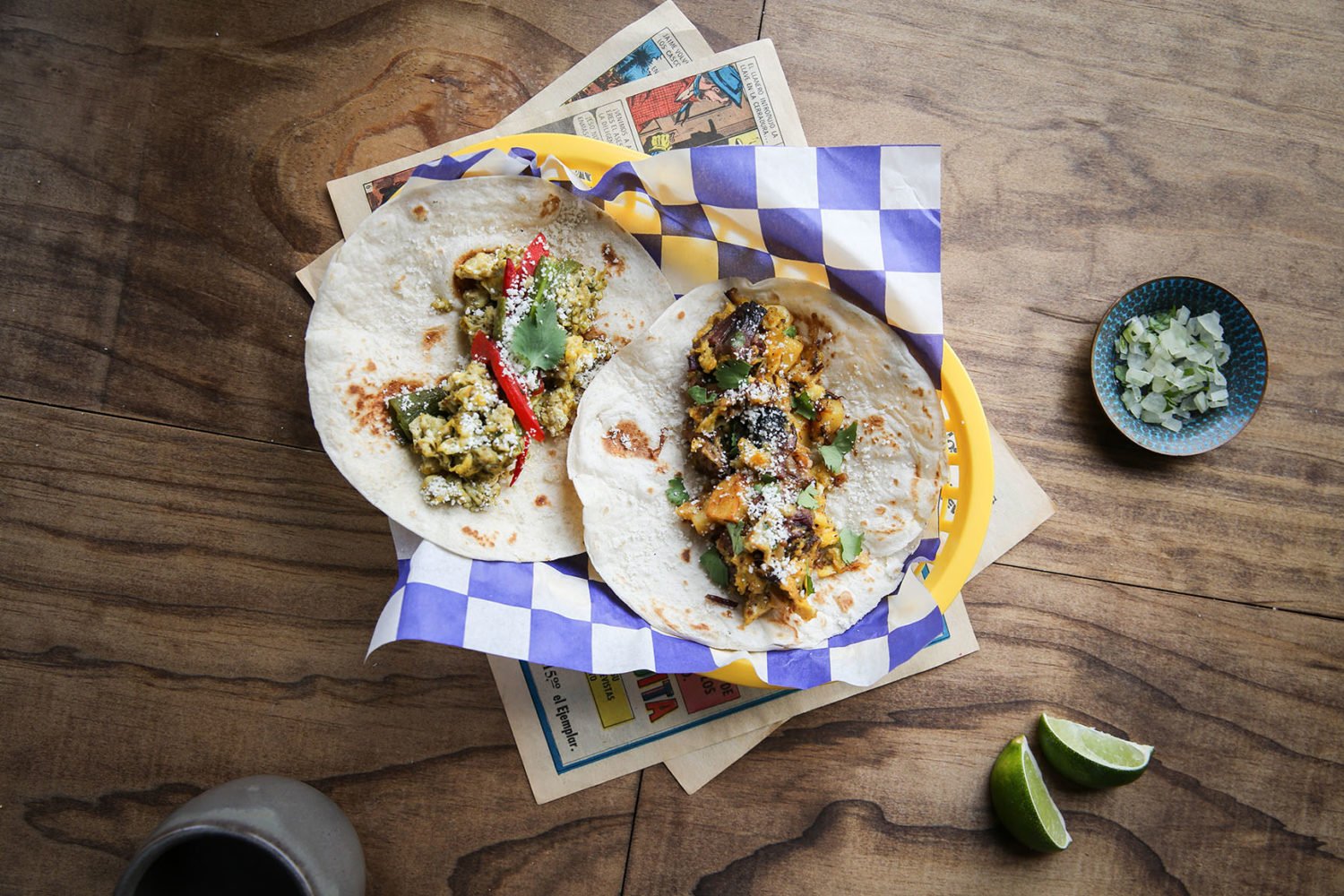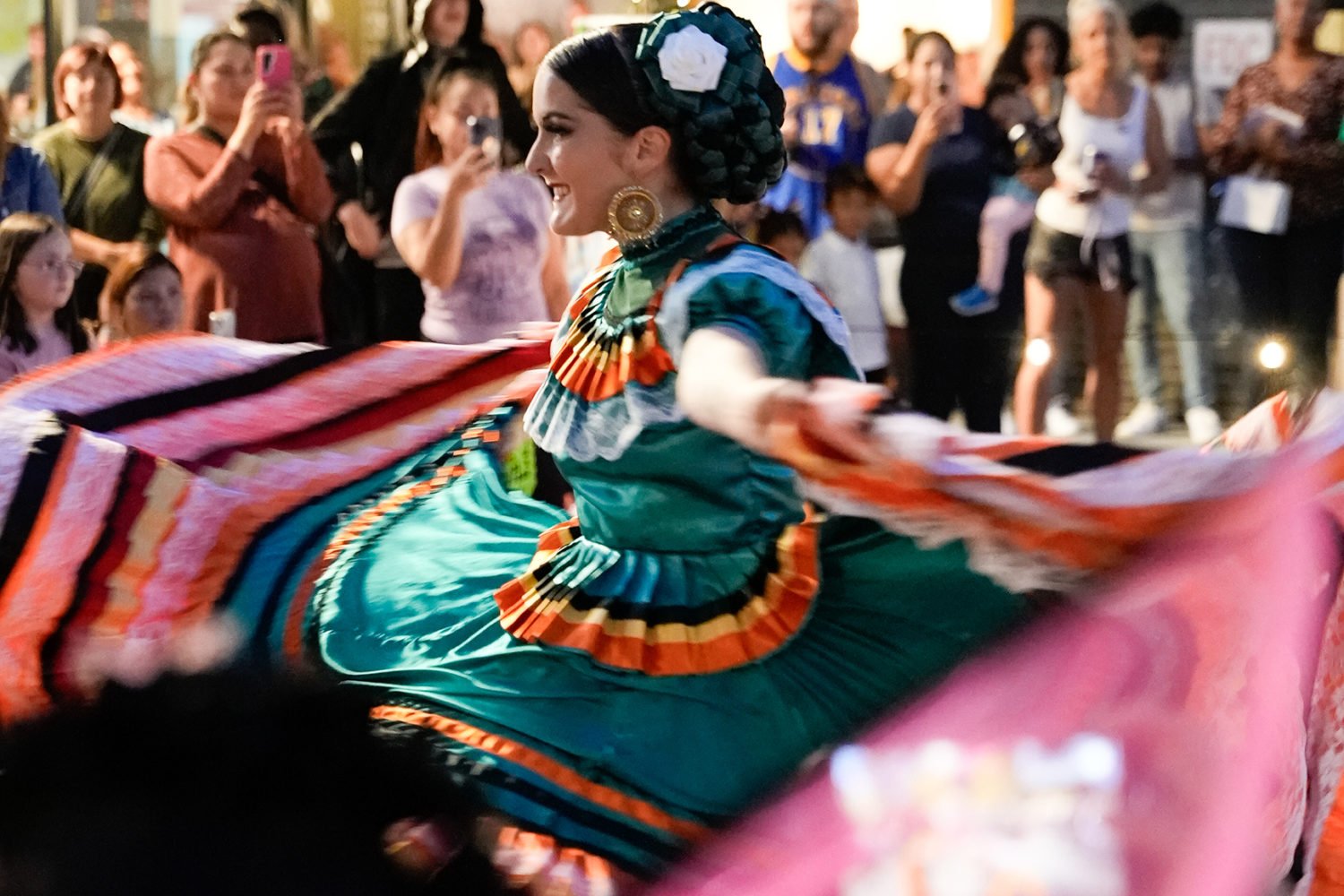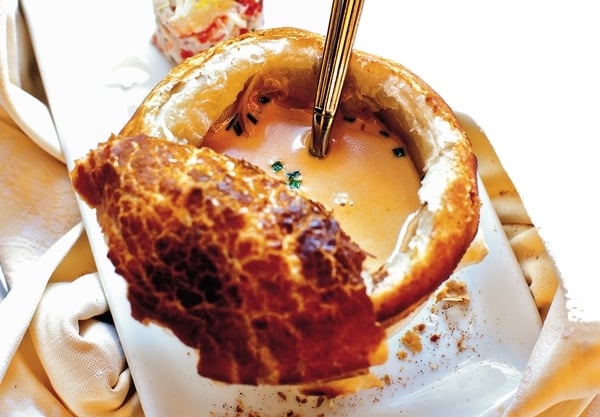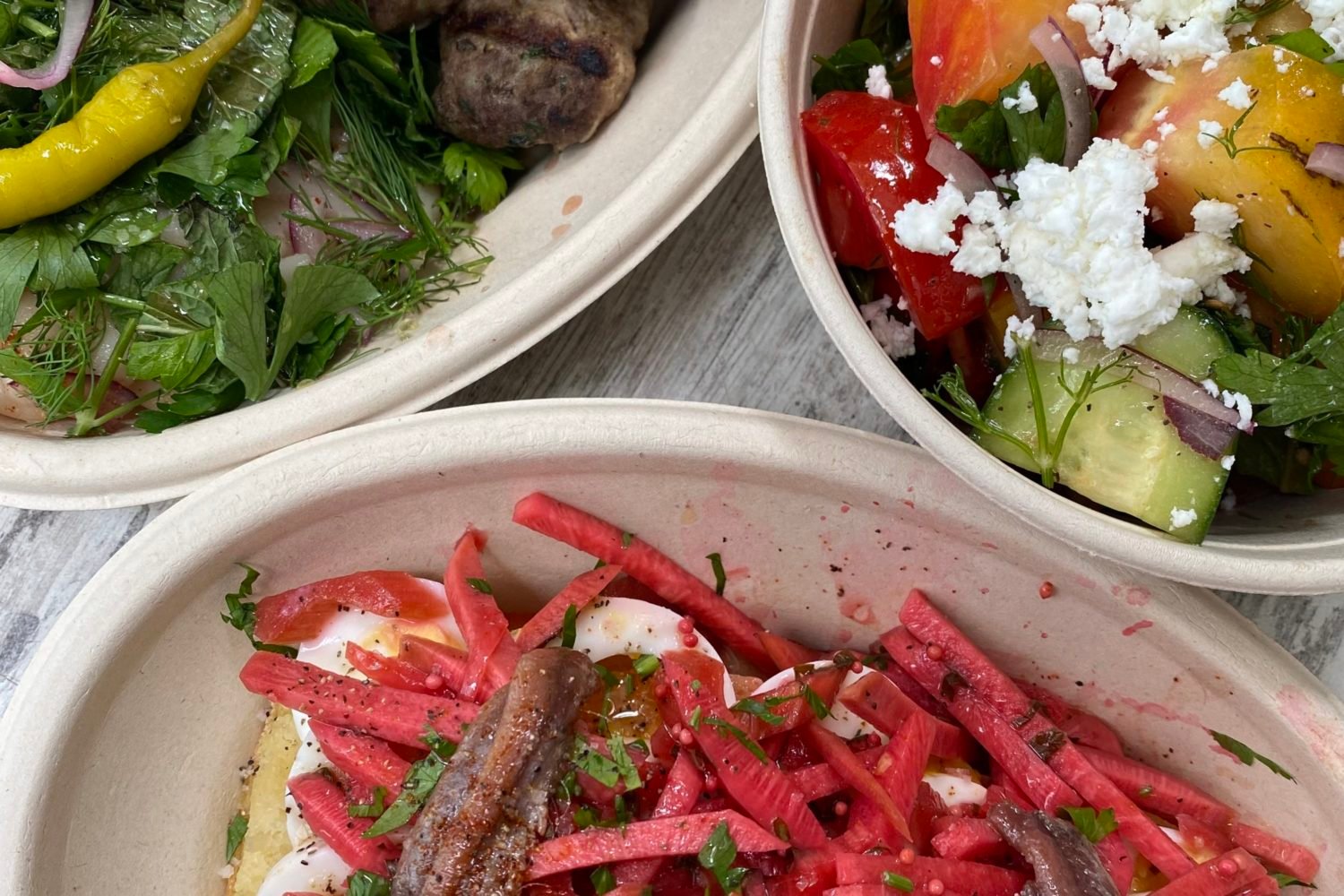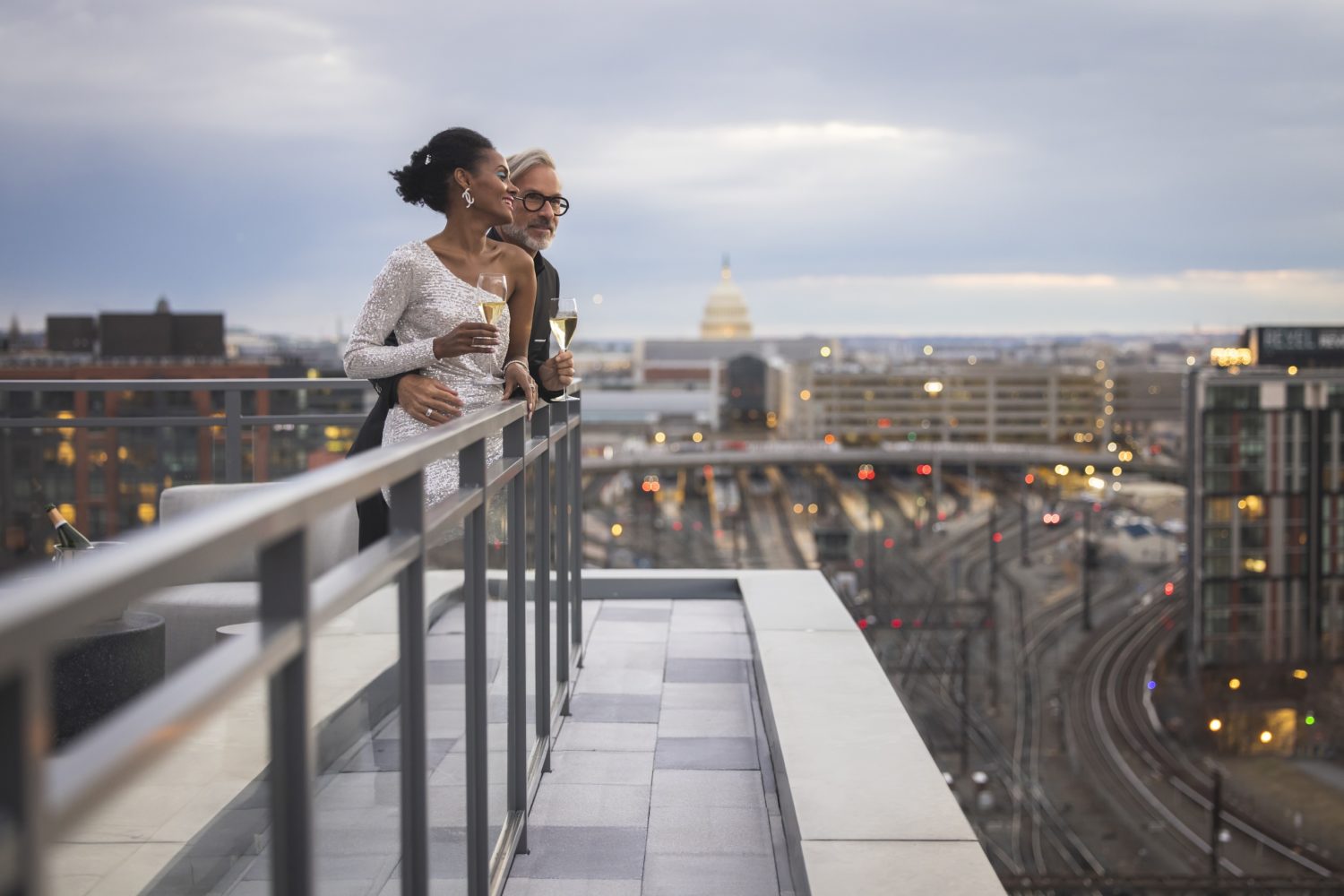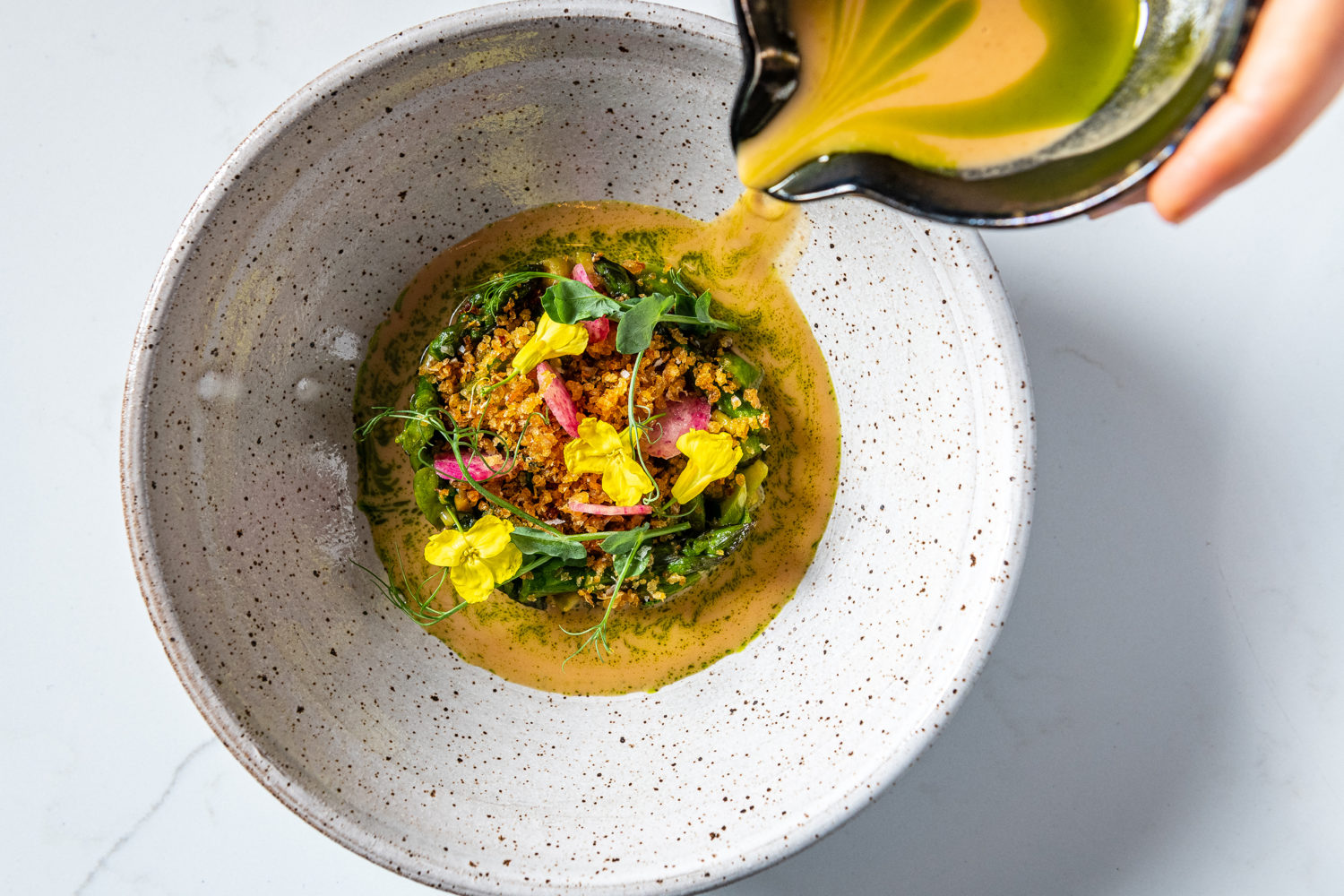No music is playing, but there’s a rhythm in the kitchen at Ravi Kabob House.
Saberlike skewers of halal lamb, chicken, and beef smeared with spicy marinades hiss as they hit the charcoal-fired grill at this Pakistani restaurant. They’re rotated every few minutes to achieve just the right amount of char. Meanwhile, bread dough is stretched over a pillow and slapped into the clay tandoor, where it turns puffy and golden. In between the rotating and slapping, pans bubbling with Peshawar-style karahi kebab are given a stir.
This dance plays over and over throughout the day as diners fill the small restaurant to capacity. On weekends, the crowds spill over to Ravi Kabob II across the street, opened for just that purpose.
The clockworklike precision is one of the things that separate Ravi from Washington’s scores of other Pakistani, Afghan, Persian, and Turkish kebab houses.
In 1997, when Ravi opened, there were half a dozen kebab houses in the area, according to owner Mohammad Afzal. The Pakistani Afzal and his partner, Abdul “Iqbal” Alnoor, an ethnic Afghan who grew up in Pakistan, say kebabs have caught on in the past decade because they’re healthy, cheap, and delicious. Devout Muslims, they credit Ravi’s success to God’s blessing.
The two met in 1996—Alnoor owns the Arlington Grocery and Halal Meat Center, and Afzal, who has always loved feeding people, sought him out as a possible partner. Now they’re close friends. “If we don’t see each other, we call and talk at least once a day,” says Alnoor.

Both are fixtures at the restaurant: taking orders, meeting with suppliers, and tasting the food—the daily specials as well as the kebabs and karahis. Vacations are planned well in advance so one of them will always be on hand to taste and keep an eye on things.
Tariq Khan, Afzal’s brother, completes the inner circle: He’s the man behind the marinades—and painter of the large mural of Pakistan’s river Ravi, for which the restaurant is named. His recipes are based on Punjabi and Peshawar flavors as well as years of cooking at area restaurants. Semiretired now, he has passed the kebab skewer on to Juan Marcus, who’s from El Salvador.
Following Khan’s example, Marcus trims the meats into uniform cubes for even cooking and prepares the marinades. The meats steep in them for a least 18 hours, acquiring flavor and tenderness.
The owners won’t divulge specifics, but the karahi stir-fries are redolent of preserved lemon, scorching red pepper, ginger, and cilantro. The flavors of garlic, onion, red chili, black pepper, and coriander come through in the kebabs. Also unmistakable is the quality of the halal meat—meat slaughtered according to Muslim law—which Afzal says makes the kebabs more succulent than in Peshawar.
There’s no secret to Ravi’s success. The recipe is plain: a kitchen that hums like a machine, a conscientious staff, marvelous marinades and meats, and two of the most attentive owners around.
Ravi Kabob House, 305 N. Glebe Rd., Arlington, 703-522-6666; Ravi Kabob II, 250 N. Glebe Rd., Arlington, 703-816-0222.
This article appeared in the March, 2009 issue of the Washingtonian.

